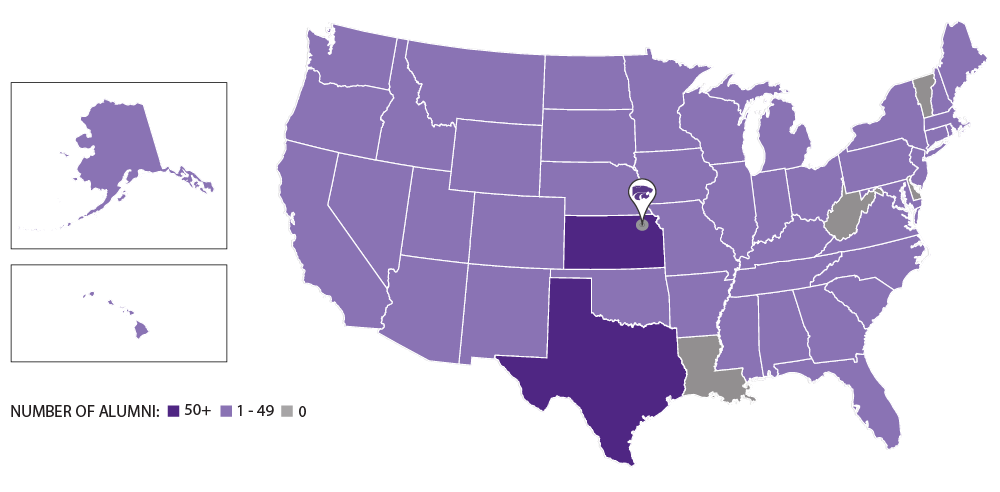B.S. in Biological Systems Engineering
Program overview
The Bachelor of Science in biological systems engineering integrates engineering fundamentals, mechanics and design principles with biology and chemistry to develop sustainable solutions for biological, agricultural, food and natural resource systems.
Degree options
Biological
This integration of engineering and advanced biological sciences enables sustainable processing for food, energy and chemicals; efficient use of biological systems to maintain health of a growing population; and development of biomaterials and bioinstrumentation.
Environmental
Master the design and management of systems that impact natural resources such as ecological engineering design; soil and water conservation; irrigation and drainage system design; and management, bioremediation, water quality and air pollution control.
Machine systems
This application of machine design principles allows graduates to design, test and evaluate machines, machine components, manufacturing and processing equipment, and sensors and controls used in agriculture and off-road industries.
Key academic areas

Why biological systems engineering?
Make an impact
Explore the role of biological systems engineering in ensuring an adequate and safe food supply, protecting the environment, conserving natural resources, advancing human health, and developing biomaterials and processes.
Biological systems engineers —
- design and test unmanned aerial vehicles and off-road machinery including robots, and sensors and controls for food production systems.
- promote sustainable engineered systems that support global food systems, human health and the environment.
- discover biological processes, materials and products for sustaining our growing world.
- pursue advanced or professional degrees for specialized success in biological systems engineering, environmental engineering, off-road applications, medicine, biomedical engineering and related areas.
Career opportunities
Biological systems engineering graduates pursue careers as —
- bioprocess engineers
- biomedical engineers
- design and test engineers
- environmental science specialists
- medical professionals
- precision agriculture specialists
- research and development engineers
- product engineers
- pharmaceutical manufacturing engineers
- water resources designer
Internships
Many internship opportunities are available for students to gain industry experience and develop professional relationships. The K-State Career Center, your adviser and faculty in the department will help you connect with employers and find out what’s available.
K-State biological systems engineering alumni live in 46 states and 28 countries.

Career placement and salary data provided by the K-State Career Center. Career placement includes K-State College of Engineering graduates who are employed or enrolled in graduate or professional schools within six months of graduation.